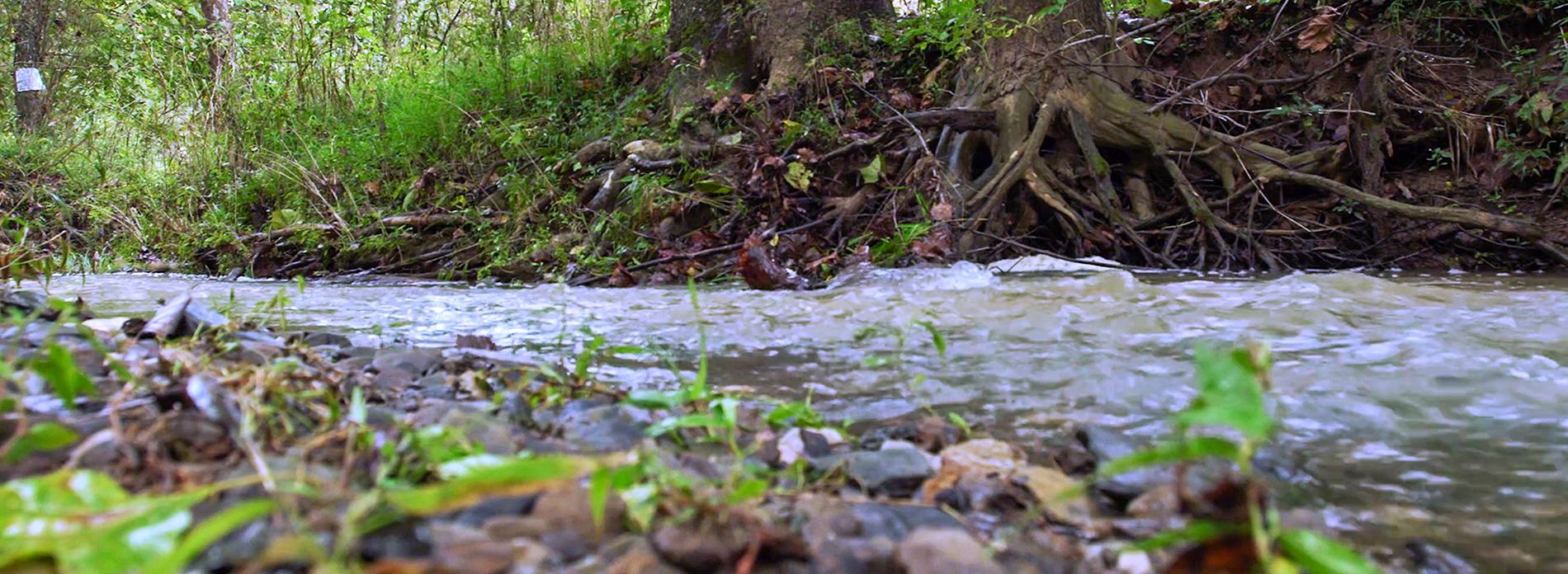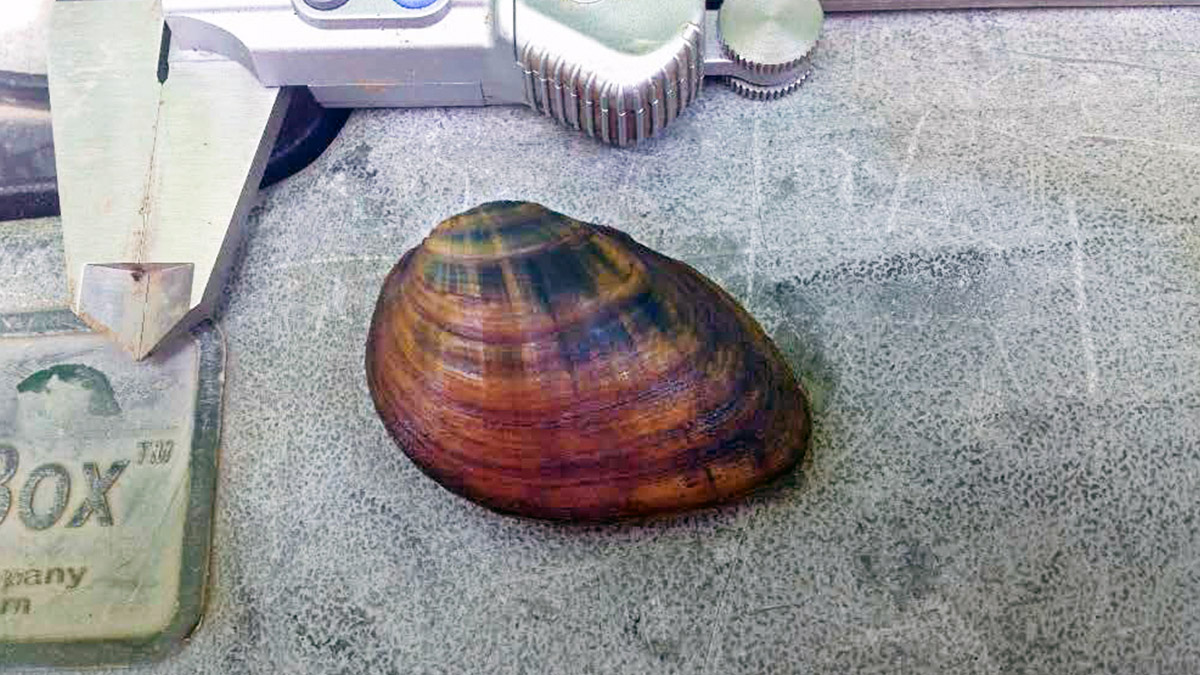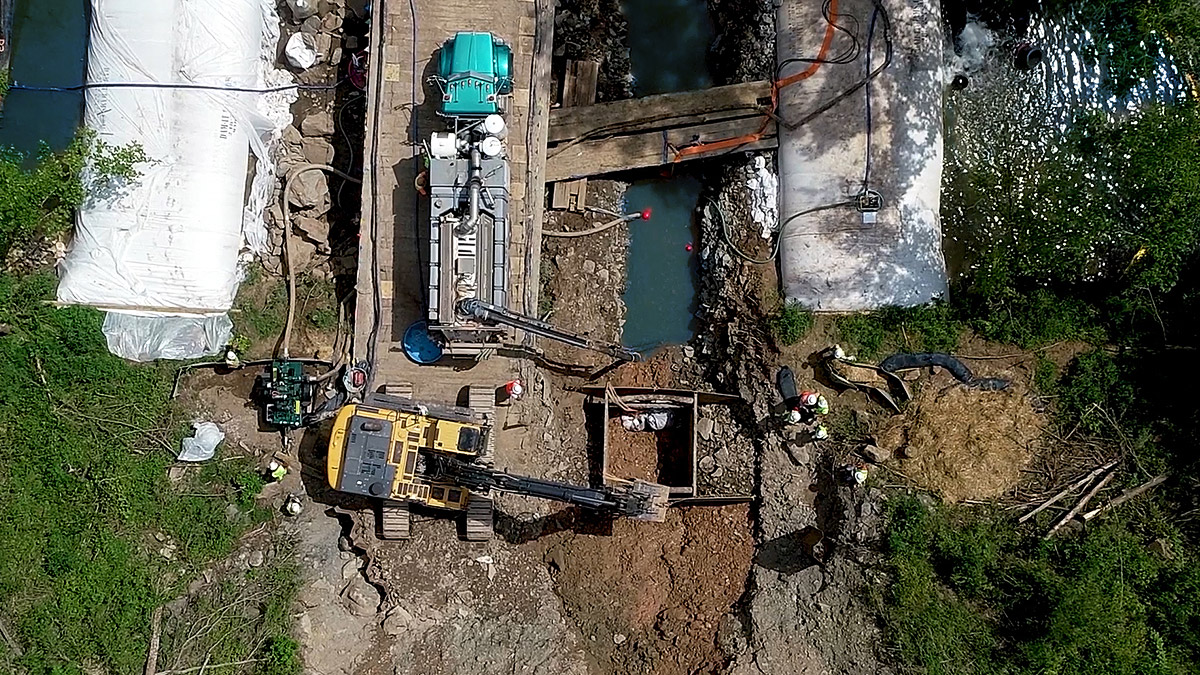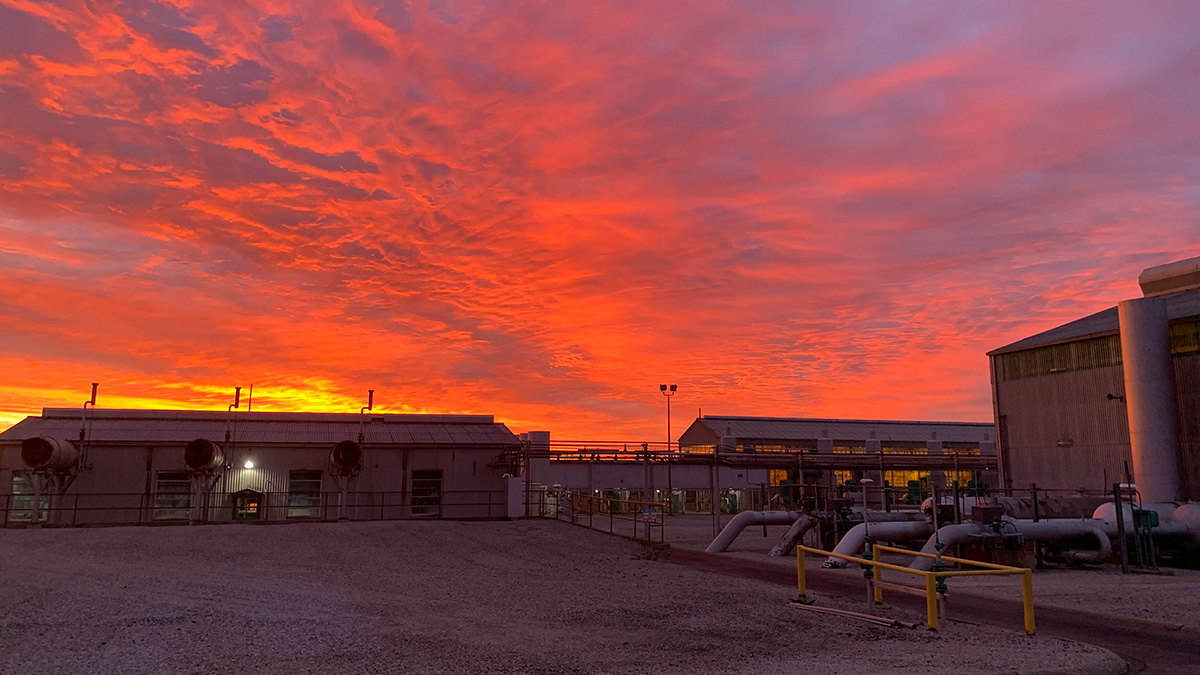Apr 8, 2024
No creature too small to warrant environmental protection

Before construction of TransCanada’s recently completed Mountaineer XPress (MXP) natural gas infrastructure project, the project team spent countless hours identifying environmentally sensitive areas and modifying the route, in addition to developing construction techniques to minimize environmental disturbances. But once construction began, the team was presented with a unique challenge that showed no creature is too small when it comes to protecting wildlife.
In the spring of 2018, environmental specialists working on MXP learned that the Clubshell and Snuffbox mussels – both freshwater mussels recognized as federally endangered species – had been found during pre-construction environmental surveys in two separate locations where the 170-mile pipeline would cross waterbodies. The project team quickly convened and began developing a plan to protect the tiny mollusks.
“We had to identify and assess methods of how we could safely cross the waterways without negatively impacting the endangered mussels,” stated Maggie Stuart, one of the eight project managers for MXP.





